In the hours after Drake’s second-round loss to Texas Tech in the NCAA Tournament, fans of the Bulldogs were anxious.
Just last year, after a first-round exit at the hands of the Washington State Cougars, former head coach Darian DeVries left for West Virginia, and after a season with first-year head coach Ben McCollum that exceeded all expectations, losing him after only a year was a real possibility.
In today’s college basketball landscape, everything is fluid. Name, Image and Likeness deals, in combination with a transfer portal used now more than ever, have created an atmosphere in which drastic yearly change is the norm.
This phenomenon is common in college basketball: A promising coach is hired by a mid-major, becomes successful at that program, and is subsequently hired by a struggling high-major to revitalize their own program.
It is no surprise, then, that just four days removed from the first tournament victory for Drake since 1971, McCollum accepted the head coaching position at the University of Iowa. The fact is that Drake, and other mid-major programs like it, cannot compete with high-major programs like Iowa.
Current ESPN analyst and former college basketball coach Mark Adams described one reason jobs like these are so attractive.
“It’s hard to buy in to that level of loyalty when you’re at the revenue generation level of Drake,” Adams said. “That’s just the reality. With all the money you can make at the power five level as a coach, it’s just a tough sell.”
Money is not the only draw: These jobs offer levels of history and prestige that a program like Drake cannot match. All these factors make jobs like these remarkably hard to pass up for coaches who, like McCollum, are relentless in their pursuit of greatness.
“I’ve always felt like you needed to take a job that you and win championships and compete for them on a consistent level,” McCollum said during his introductory press conference at Iowa. “[Iowa] has given me that opportunity and resources to make sure we can do just that.”
Is consistent success possible at the mid-major level, or are programs like Drake doomed to a Sisyphean cycle of finding success, losing their coach and starting all over again? Drake athletic director Brian Hardin offered his perspective in a postseason press conference following McCollum’s departure.
“We should never apologize for winning,” said Hardin. “That’s a place we’ve gotten to here at Drake; we can be the best, and pursuing that level of sustained excellence has helped us get to this point, and it’s going to be critical [in order that] we stay at this point.”
This sustained excellence is not without precedent: There are other programs across the country once at Drake’s level that managed to achieve it. Gonzaga, Butler, Wichita State and Loyola Chicago were all once at Drake’s current level and all reached a Final Four at the peak of a run of sustained excellence.
“You have to develop depth within your coaching team,” said Adams. “Mark Few was a great assistant for Dan Monson at Gonzaga and ended up moving up and turning Gonzaga into a national powerhouse. Drew Valentine [is another example], who took over for Porter Moser at Loyola. We definitely see a pattern of assistants who are groomed to take over for an uber successful head coach.”
This is not exactly the path Hardin has taken so far at Drake, though with the hire of South Dakota State head coach Eric Henderson to replace McCollum, two of Hardin’s three hires have come from the coaching tree of Greg McDermott, the successful longtime coach at Creighton University.
If Henderson finds success at Drake, this could become an effective adaptation to Adams’ formula, one necessary for the current college basketball landscape.
Instead of grooming assistants at Drake under DeVries and McCollum, Hardin has shown an affinity for finding and hiring coaches who were assistants to proven winners at high major schools like McDermott. This strategy accounts for the possibility coaches take most of their staff with them when they leave, like McCollum did when leaving for Iowa.
Only time can tell if Drake can rise to the level of success Gonzaga, Butler and other such schools have seen. In the postseason press conference, Hardin appeared optimistic about the future of the Drake program.
“We’re not going to feel sorry for ourselves,” said Hardin. “We’re not going to sit here and say ‘Woe is Drake.’ We’re continuing to push this thing forward, [and] I am very bullish on the future of the Bulldogs.”

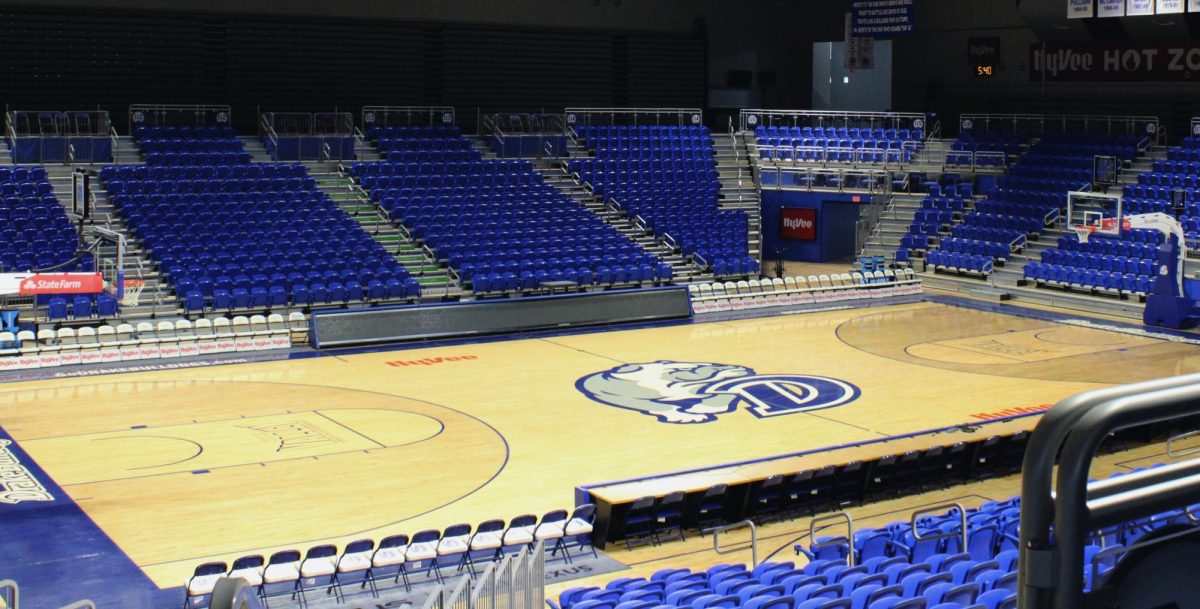


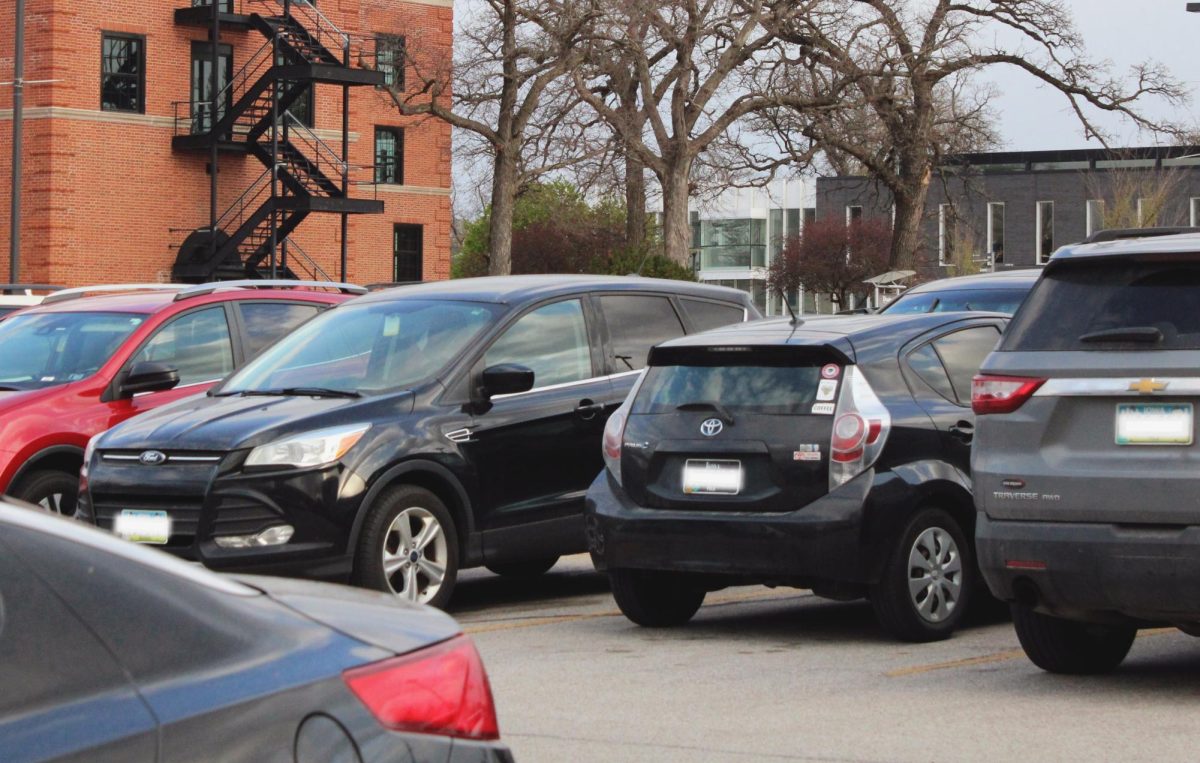

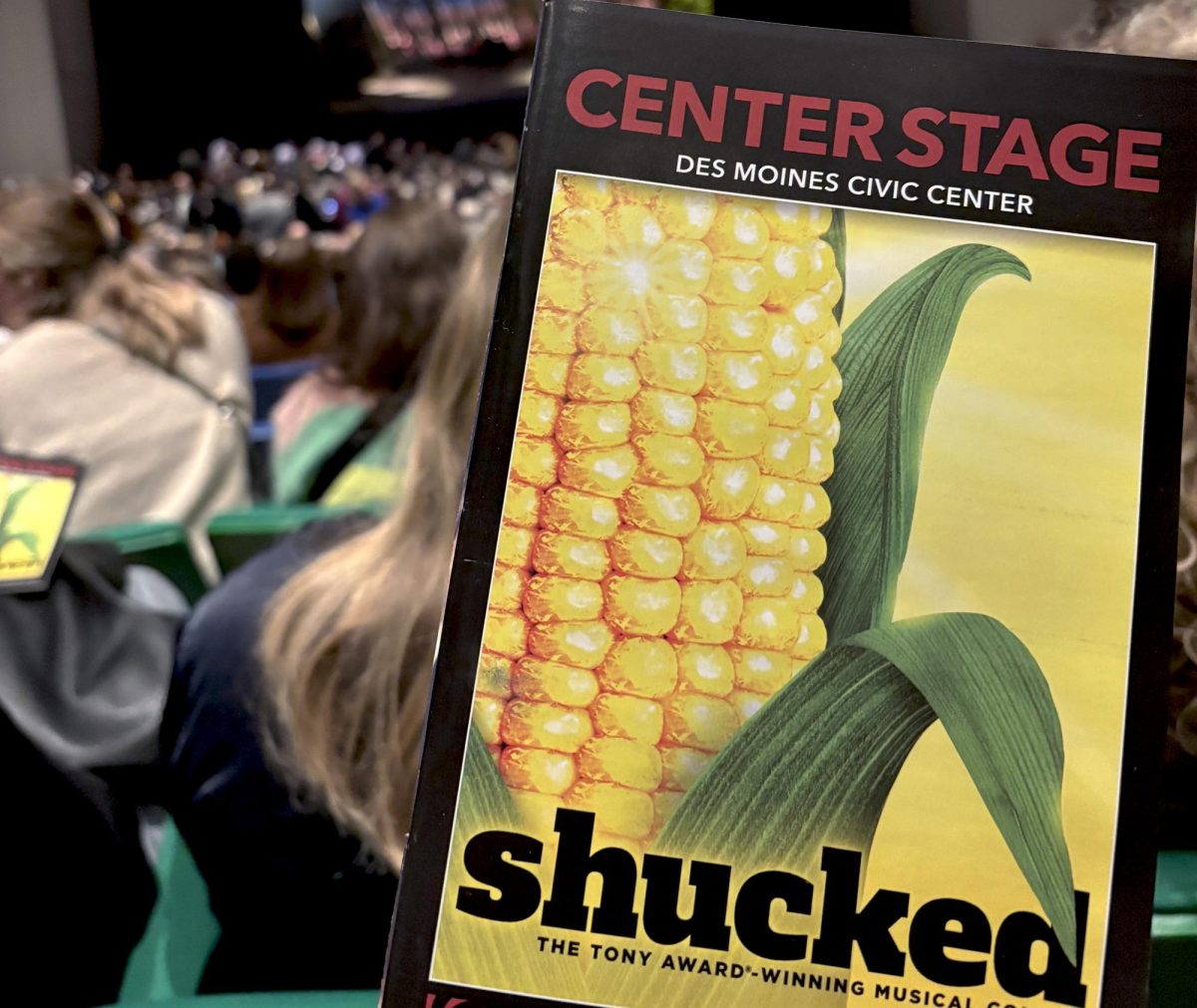

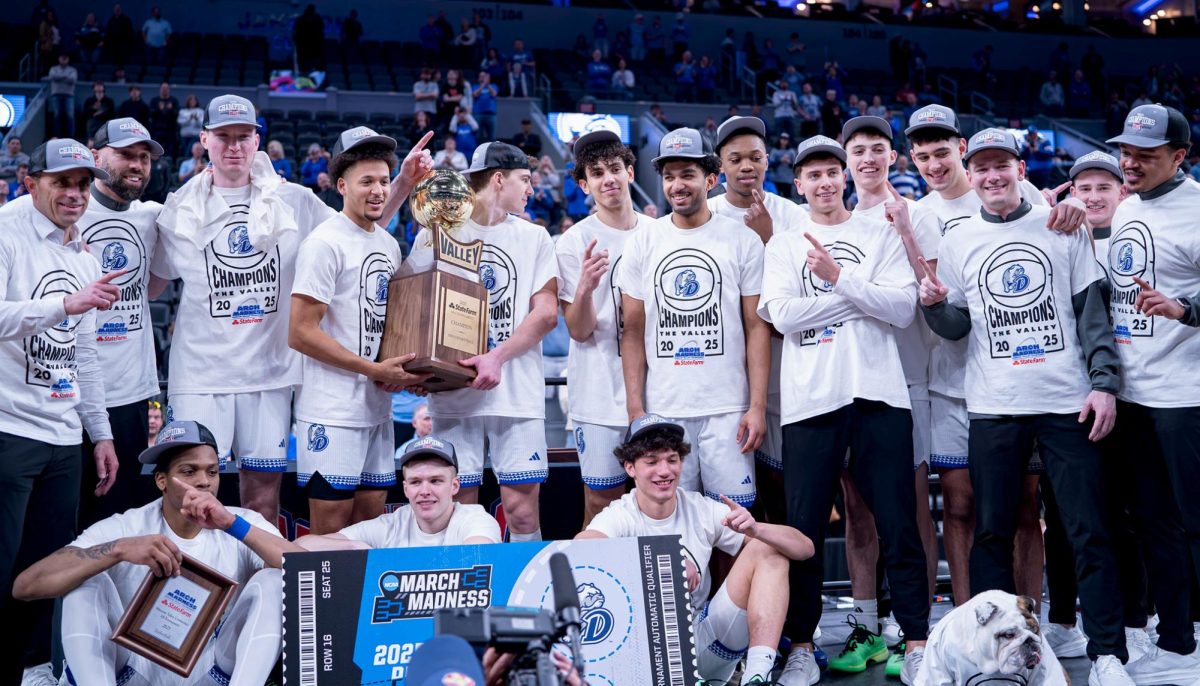
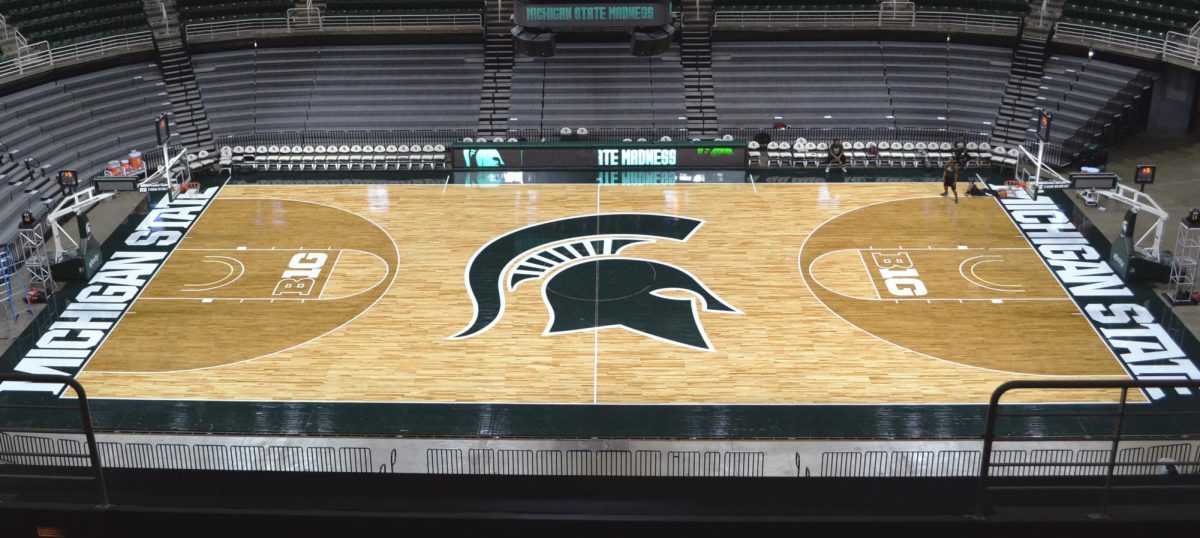
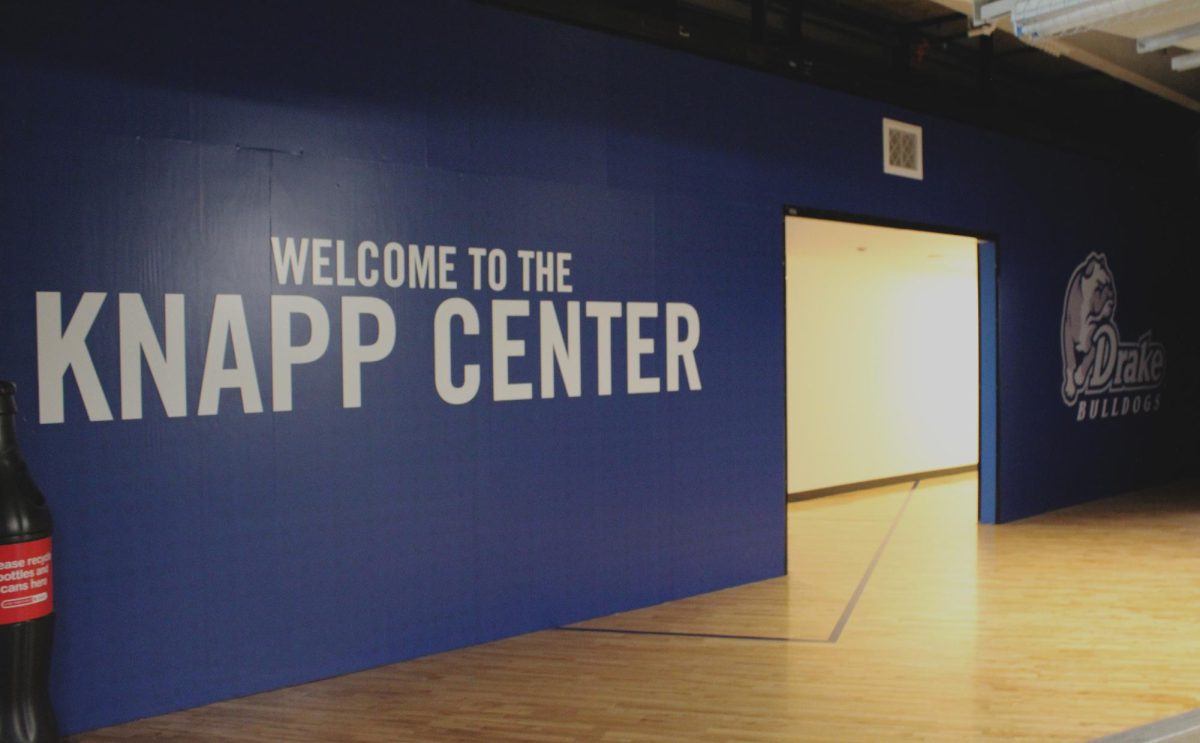
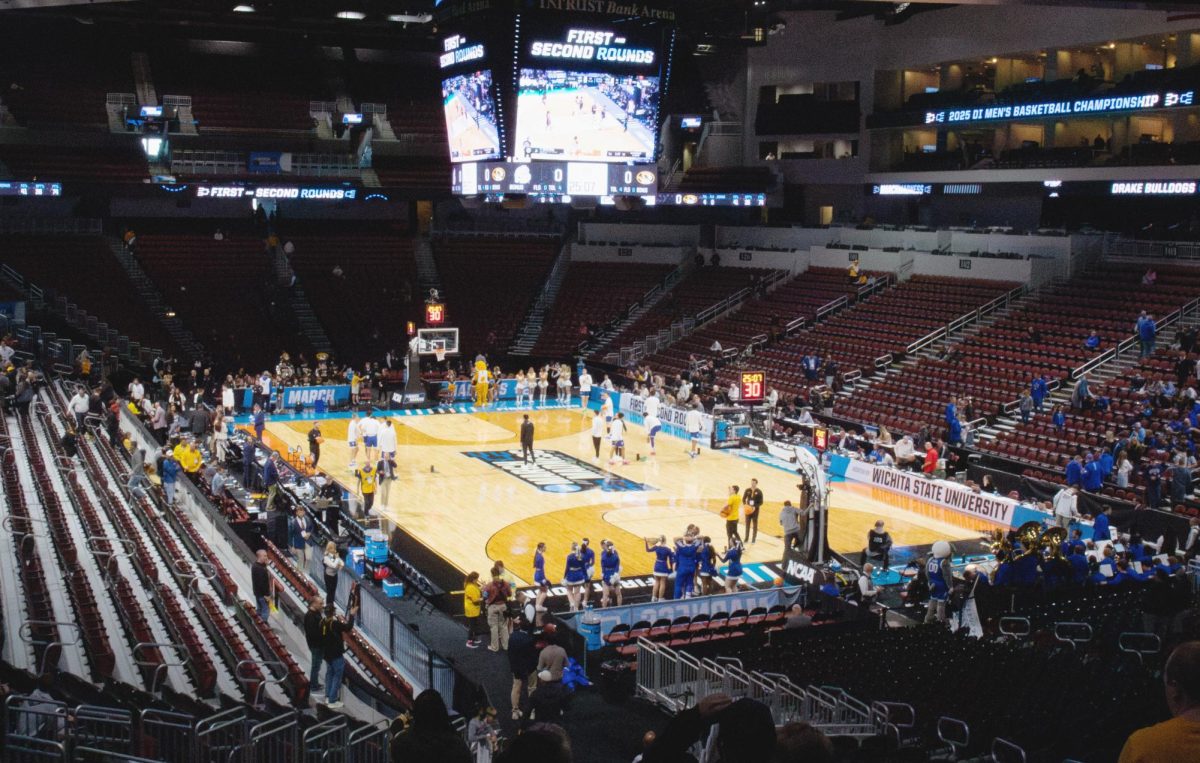
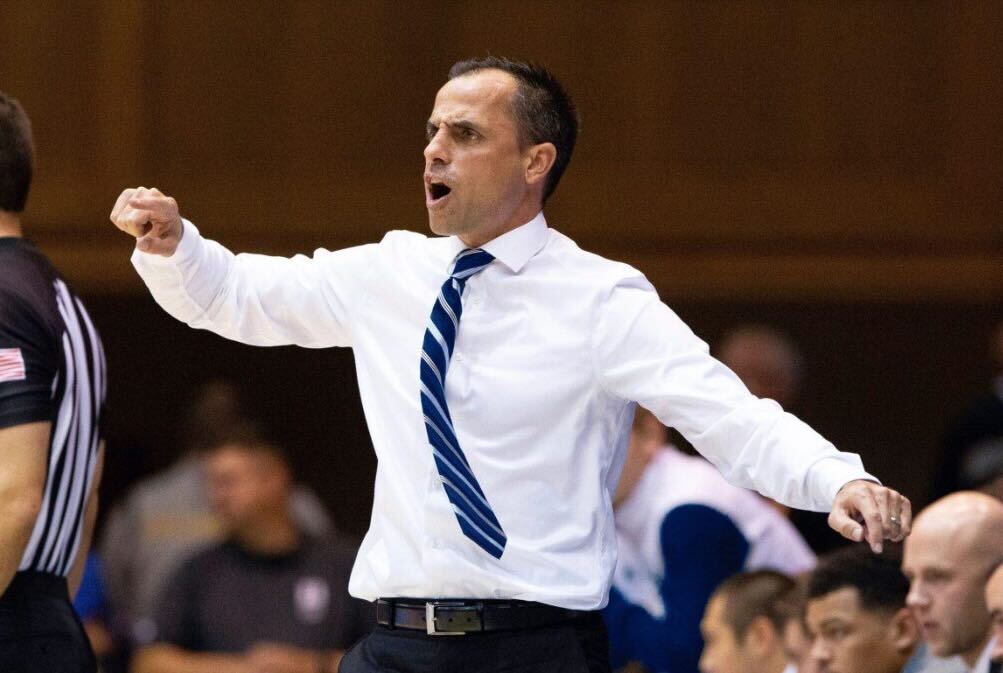
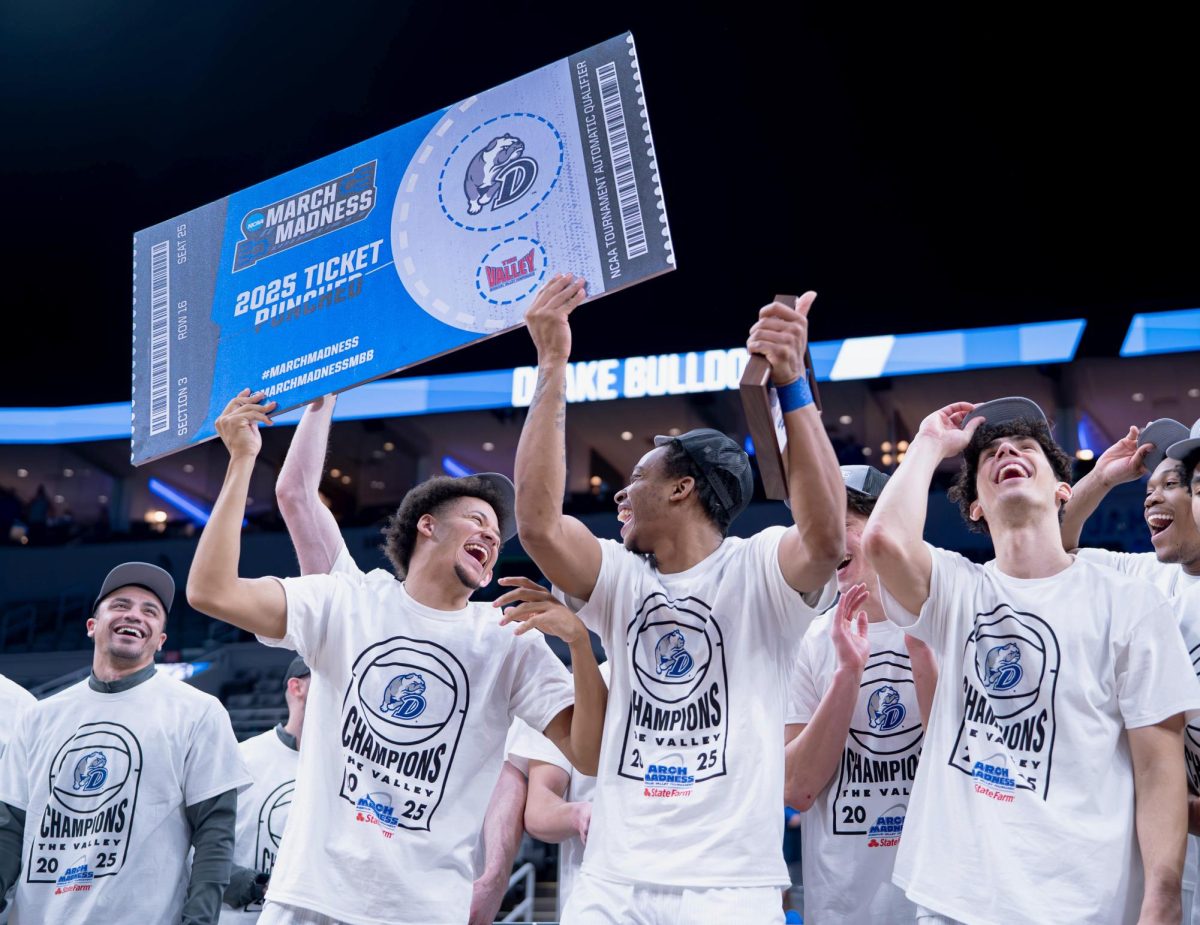
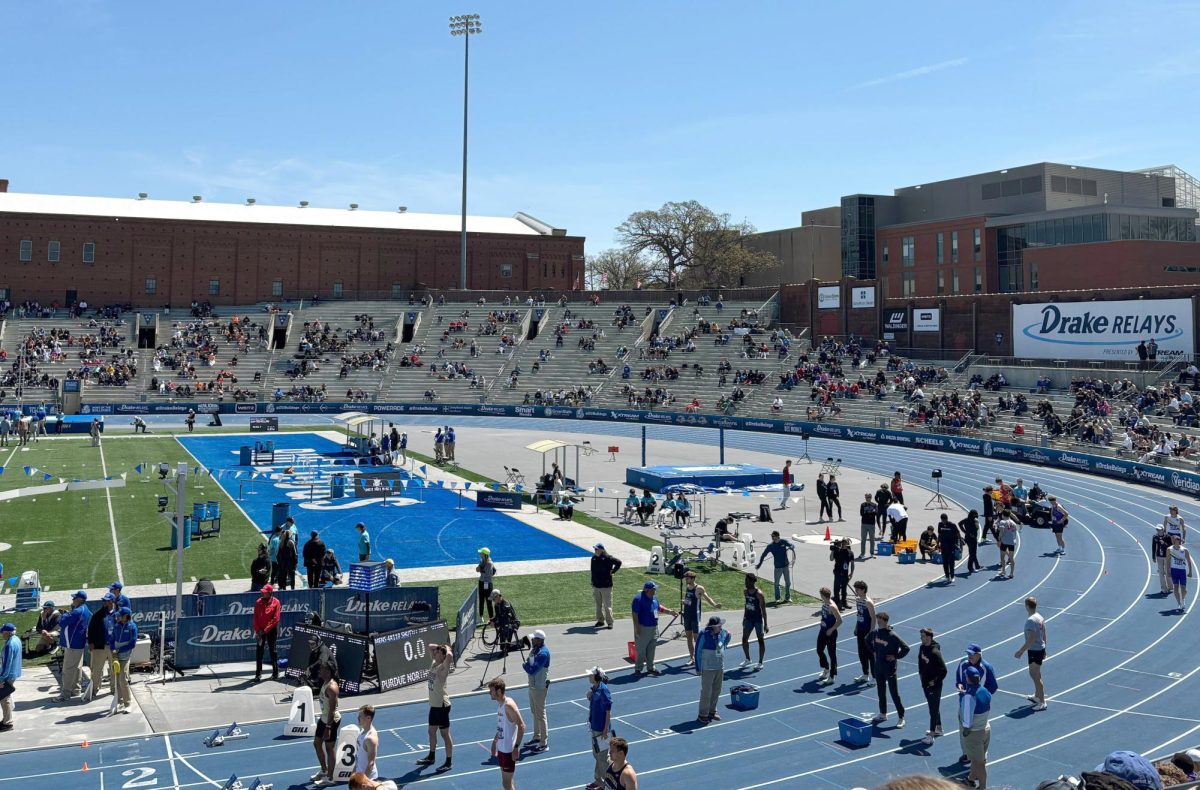

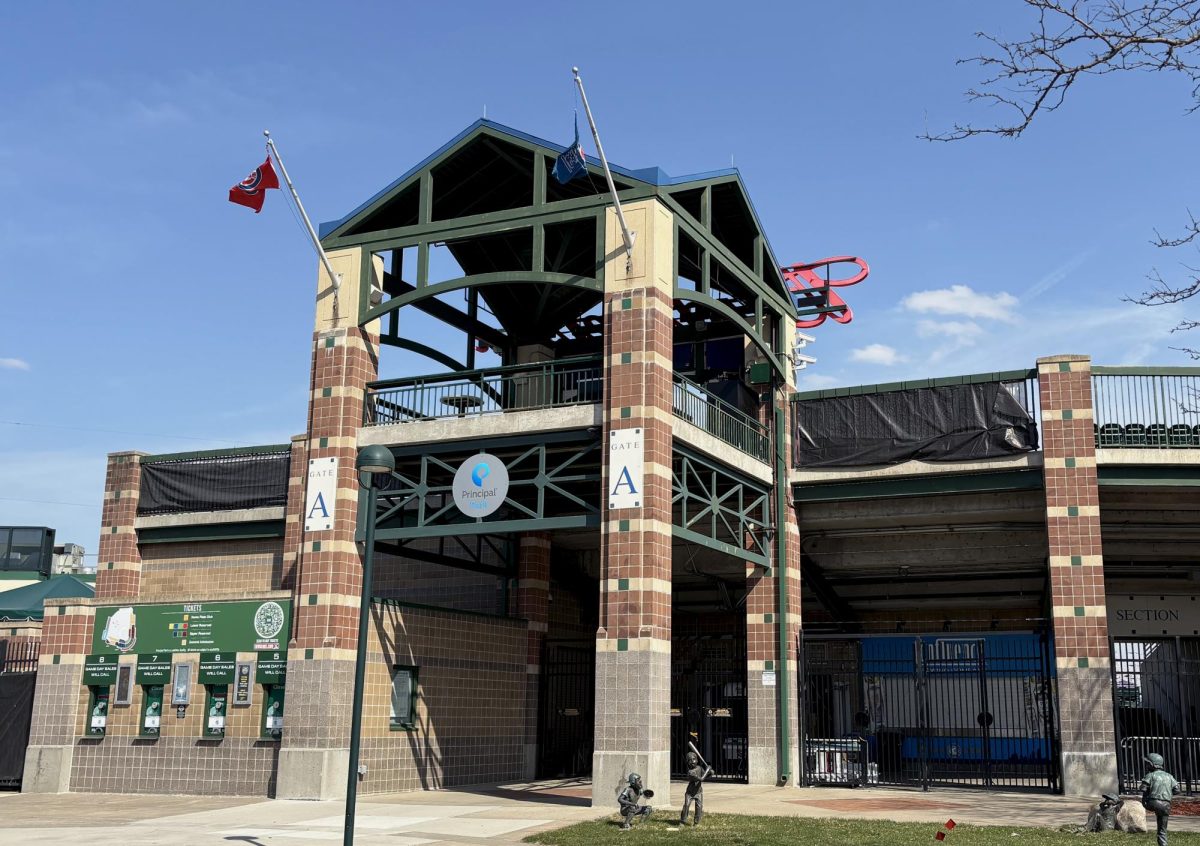
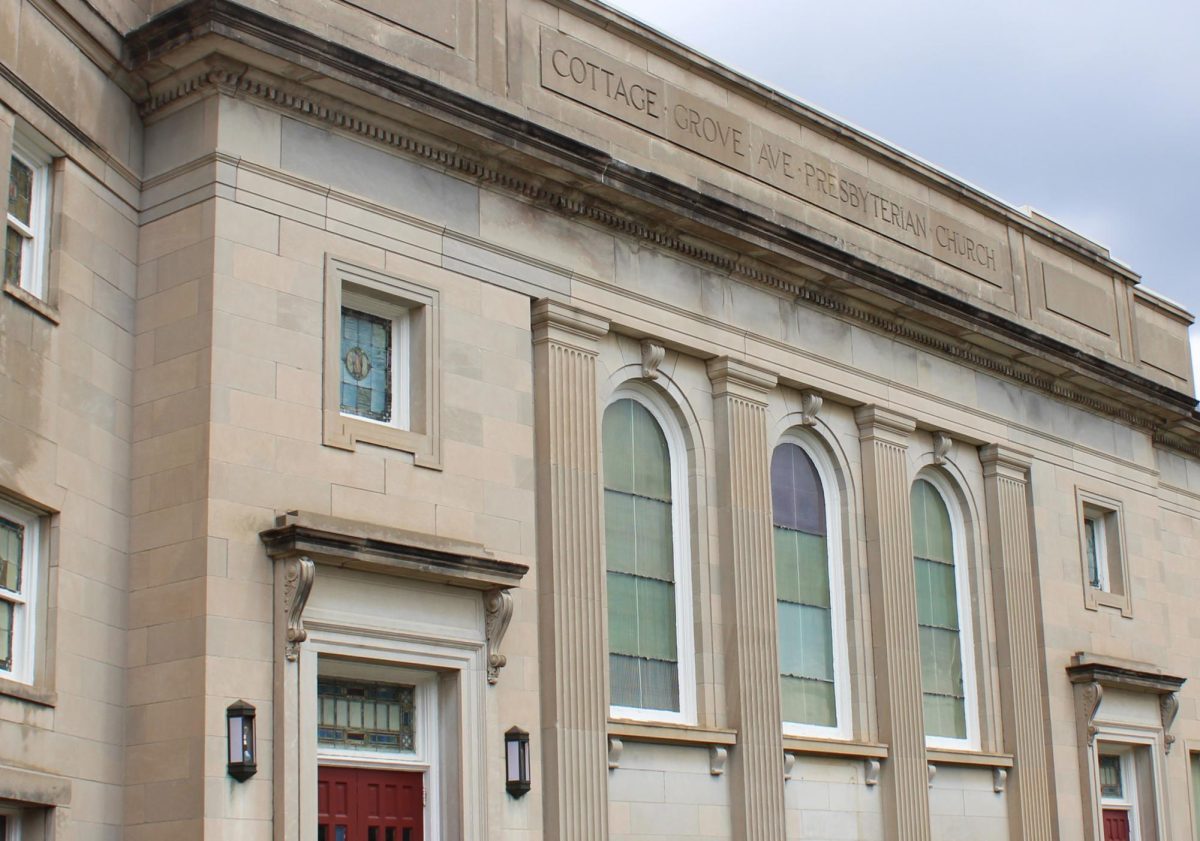
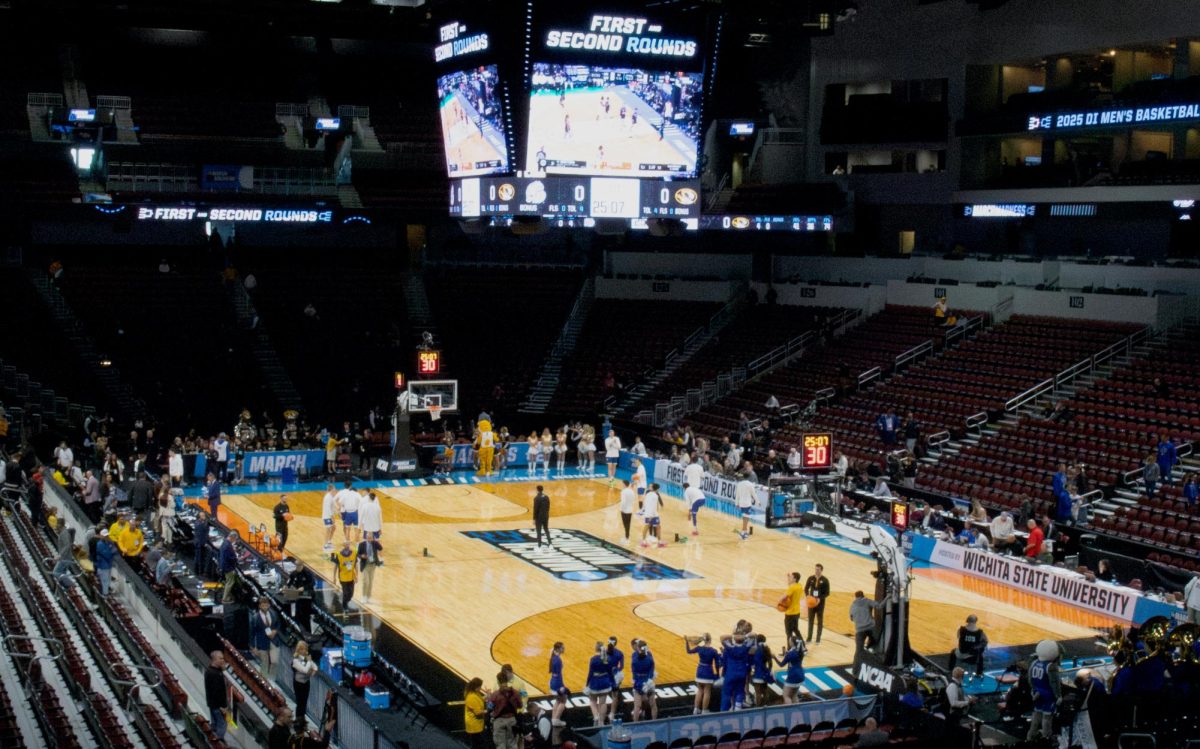
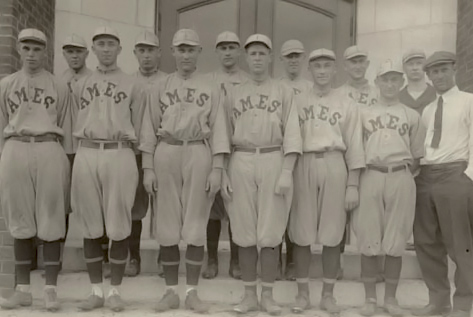
Bob Modersohn • May 9, 2025 at 3:26 pm
I was a Drake student during the ’67 through ’71 seasons, which I have called “the golden years” of Drake basketball — three straight NCCA Tournaments, three regional finals. Looking back in Drake athletics , even previous to those years, Drake has always enjoyed being in the national arena of sports competition. It’s been hard to get to the very top, though. As one of my classmates pointed out to me some years back — Drake’s most famous athletic achievement is a game it lost, to UCLA in the 1969 NCAA Tournament semifinal, 85-82.